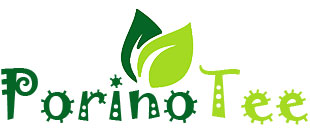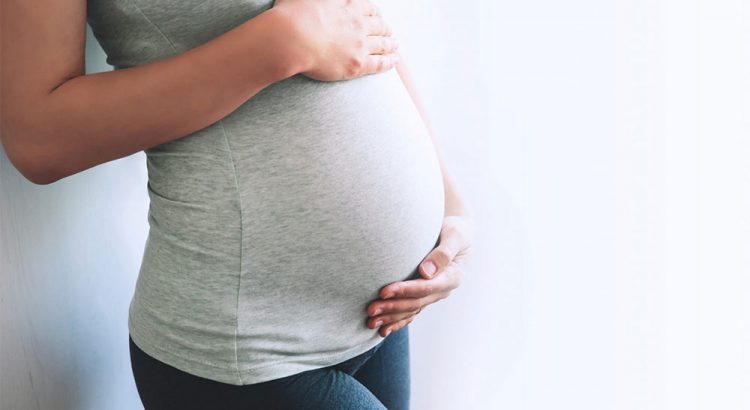Itchy abdominal skin is a fairly common phenomenon in pregnant women. It can be caused by various reasons, both quite harmless physiological and quite dangerous. These include hormonal changes, allergies or serious diseases such as hepatitis and cholecystitis, etc. If the itching is caused by harmless causes, it is relatively easy to get rid of. But if the itching is a symptom of a dangerous disease, only a visit to the doctor can help, and immediately.
Reasons for an itchy belly
Women complain of an itchy abdomen from the very first trimester until they give birth. So, let’s consider the factors that can cause a pregnant woman’s abdomen to itch:
- As the uterus grows, the skin on the abdomen stretches, causing it to begin to itch. The more elastic a woman’s skin is, the less likely she is to itch. Very often, itching is a sign that stretch marks are about to appear. Stretch marks are red or pink scars on the skin of the abdomen. This color gives the burst capillaries. But it often happens that there is itching, and then the stretch marks do not appear. This suggests that the pregnant woman has very elastic skin;
- Allergies. During pregnancy, the female body is very sensitive to allergens. And this is even if the woman did not suffer from allergies before pregnancy. In the case of allergies, clothing should be made only of natural fabrics, and laundry detergent should not contain phosphates. The use of cosmetics should be kept to a minimum. Only products that do not contain perfumes and chemicals are allowed. Itching can be a reaction to certain cosmetic products, despite the fact that before pregnancy, a woman used them without consequences;
- Hormonal background. At the time of pregnancy there is a hormonal explosion. Therefore, itching of the abdomen is often just a sign of hormonal changes. Some girls even believe in the omen – if the stomach itches, then pregnancy has come;
- Dermatosis. In this case, in addition to the fact that the stomach itches, and there is a rash. The cause of dermatosis may be sweating, viral infections, vitamin deficiency, scabies, and we have already mentioned allergies. Only a doctor can make the exact diagnosis;
- Serious diseases of internal organs (gallbladder, kidneys and liver). Sometimes itching can be a symptom of such dangerous diseases as pancreatitis, hepatitis, hestosis, cholecystitis and cholestasis. In this case, consult a doctor immediately. If the itching is caused by these diseases, it appears at the later stages of pregnancy, from about 38 weeks. If you do not go to the doctor in time, the health will be seriously damaged. In addition, damage can be done to the health of the unborn baby, up to and including its death. Very often, doctors in such cases induce premature birth. This is done so that the baby does not die. If the itching is associated with liver disorders, it may extend beyond the localization in the abdominal area and move to the back, chest, legs and arms. By night, such itching intensifies and may progress to burning. In cholestasis, the hands and feet itch the most. Cholestasis most often occurs in pregnant women with a predisposition to cholelithiasis, suffering from chronic cholecystitis and previously suffered from hepatitis A. If liver disease is suspected, appropriate tests (bilirubin, ALT, AST, blood chemistry) must be done.
What to do
To begin with, you need to inform the supervising physician. After conducting the necessary tests, it will become clear what caused the itching. That is, whether it is a normal physiological phenomenon or a symptom of some pathology. If the second, then the woman should be prepared to spend the rest of the pregnancy under medical supervision, in hospital. To increase the elasticity of the skin and to combat its dryness, the pregnant woman should always use moisturizing oils and creams. The skin of the abdomen and thighs should be cared for from the earliest stages of pregnancy. The best way to do this is to use repeatedly tried and tested olive oil. It contains a sufficient amount of vitamin E and antioxidants. Olive oil has in its composition a lot of components needed to nourish the skin. Applying the oil 2 times a day will solve the problem of an itchy tummy. In addition, the appearance of stretch marks will be prevented. As part of both the cream and oil should be only natural ingredients. They should not contain chemical additives and preservatives.
A woman during pregnancy should wear clothes that “breathe”. For example, cotton clothes. During pregnancy, clothes should be washed only with such powders, which do not have phosphates in their composition. It is not uncommon for expectant mothers to be intolerant of woolen and synthetic fabrics. Therefore, you should not wear clothes that are irritating. For example, synthetic underwear and underwear that fits too closely to the body.
As for food, you need to reduce the number of products that can provoke an allergic reaction. These include strawberries, peanuts, seafood, citrus fruits, and chocolate. In general, you should not eat a lot of exotic foods. Pregnant woman should take special vitamin and mineral complexes, and her diet should be as varied and complete as possible. It should consist of cereals, fruits, vegetables, poultry, fish, meat and dairy products. From the menu should be excluded fried, salty, spicy and fatty foods. This will improve the functioning of the liver. The diet should certainly include prunes and apricots.
Pregnant women should not neglect personal hygiene. She should systematically change underwear and take a shower. Showers should be taken with hypoallergenic products. Only personal towels should be used. Seats in restrooms located in public places should be covered with a napkin.
Finally, it should be noted that in most cases, over time, the stomach stops itching on its own.





